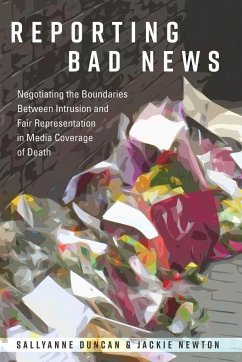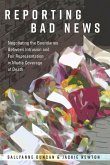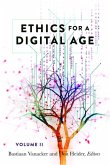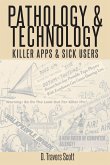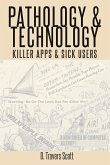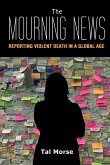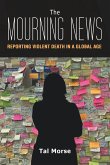Reporting Bad News addresses a gap in the literature concerning death reporting and stories of personal tragedy. Much has been written about disasters and large-scale tragedies, but this research concentrates on individual loss and the relationship between journalist and vulnerable interviewee. While much discussion in this area is negative, focusing on the ethics of intrusion and journalists who act insensitively under pressure, the authors' aim is to turn this focus around by looking at best practice in encounters between reporters and the bereaved, survivors and the vulnerable. It is hoped that by examining contemporary death reporting, explaining its public service role, proposing a new model of ethical participation and offering a structure for sensitive interviewing, the most harmful aspects of the process can be reduced for both the journalist and, more importantly, the grieving and the victims. The work is based on years of research by the authors, on interviews with journalists, journalism educators, bereaved families and support groups and is supplemented with a detailed analysis of the reporting of death across academic disciplines and perspectives.
"Whether the news is a motorway accident or an act of terrorism, journalists become central actors in communities of unexpected tragedy. Although much critical attention has been paid to their intrusiveness at times of personal grief, news media can also provide explanation, understanding, and healing. Duncan and Newton approach this challenge with sensitivity and hope, sharing the perspectives of reporters, ethicists, and bereaved family members in order to build a model of 'ethical participation'-a process that empowers journalists and their subjects, together, to tell the hardest story of all." Carolyn Kitch, Professor of Journalism at Temple University and co-author of «Journalism in a Culture of Grief»

